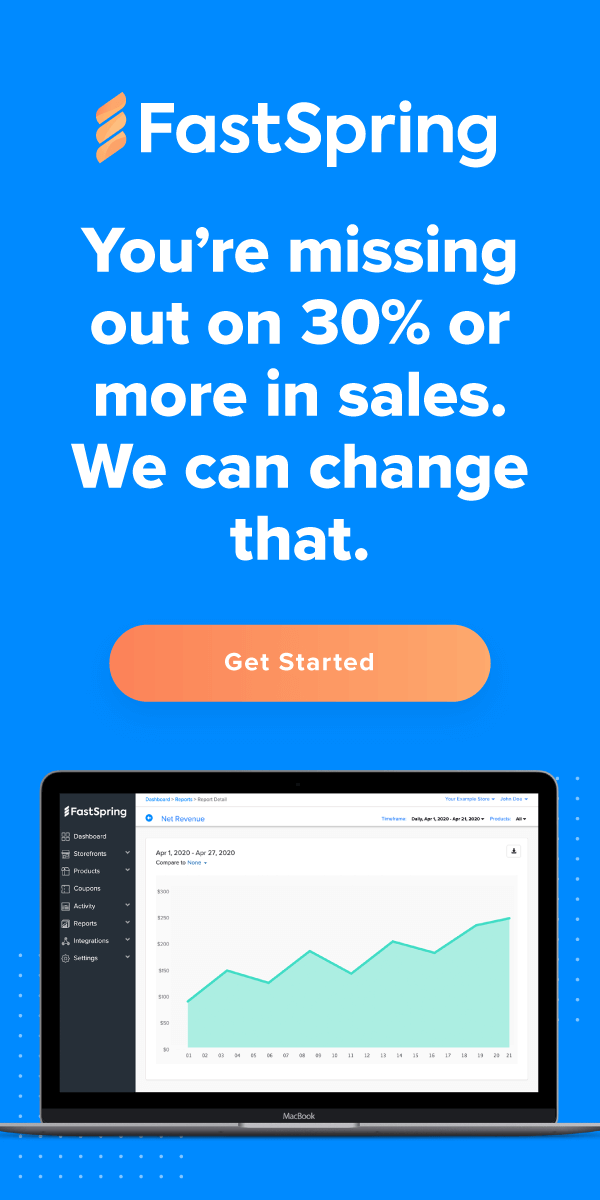Who makes sure all your online transactions run smoothly? Who creates an online marketing strategy that’s consistent with company goals and objectives? And who manages the ecommerce team that creates a seamless online customer experience? Yep, the Ecommerce Manager gets to do it all.
Essentially, an Ecommerce Manager oversees all online activities and maintains the company’s brand on all digital properties. As you can imagine, there’s a lot required in order to keep every aspect of the online buying experience running smoothly. So, let’s get into how an Ecommerce Manager gets it all done.
What is the role of an Ecommerce Manager?
For the most part, the role of an Ecommerce Manager is very similar to that of any marketing manager. The main difference is that all of their tasks revolve around the company’s digital presence and online storefront. Here are their main responsibilities:
1. Know Company Strategy and Goals
One of the Ecommerce Manager’s most important responsibilities is to fully understand the company strategy and its goals. The overall business strategy should guide every digital marketing decision. If a company doesn’t have a clearly defined strategy, the manager should help create one. When building out a plan, the Ecommerce Manager should keep company goals like revenue, conversion rate, etc. in mind.
2. Know the Customer
If you don’t know who your customers are, you won’t be able to effectively sell to them. This is why the Ecommerce Manager needs to be very familiar with buyer personas and customer profiles. Again, if these resources aren’t available within the company, the manager is responsible to help create them.
3. Know the Product
The Ecommerce manager needs to be able to clearly communicate a product’s value, which requires that they fully understand the product. This is especially true if you’re selling complex products; you need to be able to write product descriptions that make sense to everyday customers, not experts. If your product descriptions consist of cutting and pasting industry jargon, your product pages won’t convert.
4. Know the Systems
As an Ecommerce Manager, you typically oversee Search Engine Optimization (SEO), Pay Per Click (PPC), Customer Management Systems (CMS), web development, social media, email marketing, the checkout, payments, and other ecommerce-related solutions. Each of these aspects requires its own management software. The Ecommerce Manager needs to be able to access and use all of these systems to adequately manage their teams.
5. Develop Action Plans
Now that you understand the business’ strategy, the customers, the product, and the systems, you can create an action plan that consists of short term tasks for your Ecommerce team. This plan should include new marketing ideas and specific steps to boost online sales.
6. Work Across Teams
Besides overseeing your own team, the Ecommerce Manager is also responsible to work with other departments, like the product team, operations, and customer service. These teams will need to be aware of projects you have coming down the pipeline. They’ll also probably have some projects they’ll want your team to work on.
Where does the Ecommerce Manager fit in the organization?
The role of an Ecommerce Manager fits under the marketing umbrella. Marketing is usually divided into two main groups—traditional marketing and digital marketing. So, in a larger organization, the Ecommerce Manager would report to the CMO or Director of Marketing and would be responsible for all strategies related to online sales.
The Ecommerce Manager is then over a team of web developer(s), a digital operations manager, logistics manager, and digital marketing managers. Depending on how big the software company is, the ecommerce team may also include a dedicated IT tech, customer service reps, and finance and accounting personnel.
Should your Ecommerce Manager be in-house or outsourced?
The question of keeping this position in-house or outsourcing it has a lot to do with the budget. Do you have enough money to hire a full-time manager along with the additional specialists needed to make an ecommerce team function? If you do, that’s great! Now you just have to worry about finding the right fit who can create an amazing team.
If you’re a startup or trying to keep a lean team, outsourcing an ecommerce manager is the way to go. And the best investment you can make is partnering with a full-service ecommerce platform. Instead of creating a team from scratch, a partner like FastSpring provides everything you need to successfully sell globally including branded checkouts, multiple payment methods, streamlined tax calculation, subscription management, customer service for you and your consumers, and fulfillment.
An Ecommerce Manager is responsible for A LOT of things, especially for companies selling software and SaaS in the global marketplace. But before you stress about finding the right person to do it all, just remember that there are great options out there to help lighten the load. Instead of finding the right person, try finding the right full-service ecommerce partner that can provide you with an entire ecommerce team without the overhead.
Ready to see how FastSpring can help you drive 30% more conversions? Request a demo today!
![[Customer Story] Why TestDome Considers FastSpring a Real Partner](https://fastspring.com/wp-content/themes/fastspring-bamboo/images/promotional/2023/FastSpring-TestDome-blog-thumbnail.jpg)




